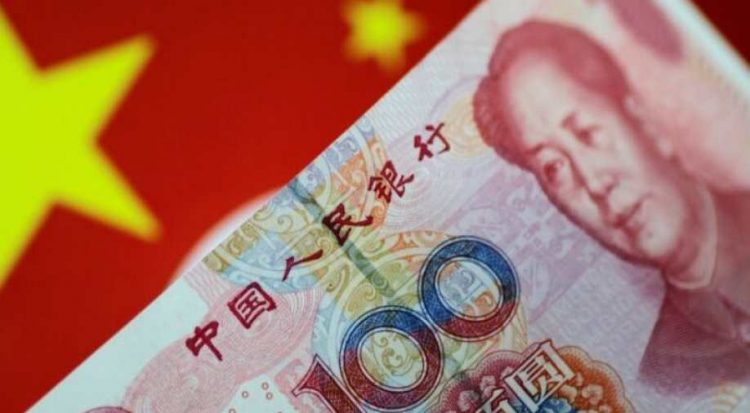A professor of gaming studies says Macau’s gaming industry would be greatly impacted by China’s possible e-RMB policy, warning the SAR government and gaming operators to prepare in advance.
China is planning to launch e-RMB – a digital currency similar to Bitcoin – in the future, and has already begun trials in Shenzhen, Suzhou, Chengdu and Xiong’an. It will also be used at the 2022 Beijing Winter Olympics. According to Chinese media reports, some civil servants and employees have received part of their salaries in e-RMB, although the Governor of China’s Central Bank, Yi Gang, emphasized those trials are limited to internal operations and no actual timetable for implementing e-RMB is in place.
A so called “DCEP” (Digital Currency/Electronic Payment), the e-RMB would be officially launched by state-run banks. It would be fully traceable with real-name registration, allowing the government to monitor the flow of cash.
Assistant Professor of the Centre for Gaming and Tourism Studies of Macau Polytechnic Institute, Zhou Jin Quan, told Inside Asian Gaming that the DCEP might be launched in a few years, indicating the flow of RMB would be placed under stricter regulations.

As Macau’s gaming services rely heavily upon Chinese gamblers, Zhou said the entire gaming industry in Macau would face enormous challenges if e-RMB were to take hold, with VIP the first segment to suffer.
“All channels of money exchange would be supervised if e-RMB is widely used in the mainland – all cash accounts will become transparent,” Zhou said. “VIP gamblers want more privacy, and junket operators would find it more difficult to chase their money under tightened surveillance.”
For the mass market, Zhou suggested the SAR government should strengthen communications with Beijing.
“They should focus on promoting more of the non-gaming and leisure elements of Macau’s IRs, and allow general Chinese visitors to exchange a certain amount of e-RMB for expenditure and a small amount for gambling in Macau,” he said.
Zhou also noted that current currency laws in Macau prohibit the use of e-currency via local banks and financial services, meaning the government would need to amend currency regulations for the future implementation of e-RMB. He suggested Macau build an e-currency exchange for MOP, HKD and RMB, and to start studying the feasibility of allowing e-currencies for gaming purposes.



































